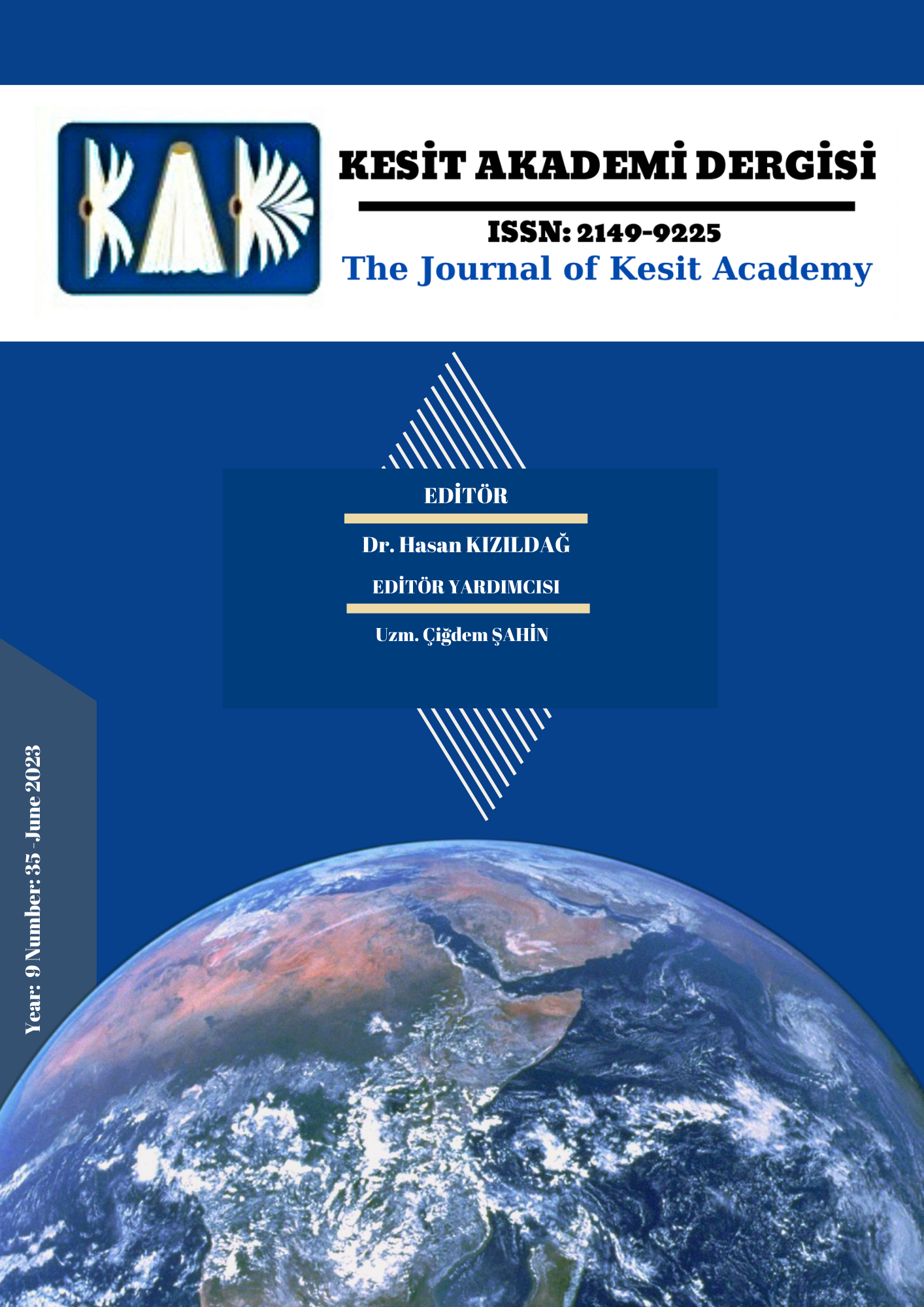Author :
Abstract
Ruh, yani psykhe yalnızca felsefenin değil, biyoloji ve tıptan psikolojiye, parapsikoloji ve spiritüalizmden teolojiye birçok disiplini yakından ilgilendiren bir konudur. Ruh diye bir şey var mıdır? Eğer varsa nedir? Ruhun bedenle ilişkisi nasıldır? Bu sorulara verilen yanıtlara göre ruh üzerine pek çok teori ortaya çıkmıştır. Antik Yunan felsefesinde psykhe kavramının farklı düşünürler tarafından birbirinden çok farklı işlevlere ve tanımlara sahip olduğu görülür. Ruh bazı düşünürlerde hareket ilkesi ya da bir duyum ilkesi, bazılarında insanın tanrısal ve ölümsüz parçası diğer bazı düşünürlerde ise insanın ahlaki sorumluluklarının kaynağı ve taşıyıcısı olarak tanımlanmıştır. Düşünürlerin tek bir kavrama, ruha, bu kadar farklı işlevleri yüklemiş olmaları izah gerektiren bir durumdur. Bu mana farklılığını izah etmek için kavramın felsefe öncesi kullanımı, özellikle mitolojik metinlerdeki tanımları ve işlevleri üzerinde durmak gerekmektedir. İşte bu çalışmada psykhe kavramının felsefe öncesi mitolojik dönemdeki kullanımı, felsefenin ortaya çıkışından önce Antik Yunan düşünce dünyasına yön veren iki önemli ozan, Homeros ve Hesiodos'un eserlerinden hareketle analiz edilecektir. Bu iki ozanın kaleme aldıkları metinlerdeki ruh anlayışlarının incelenmesi hem felsefenin filizlendiği tarihsel ve kültürel koşulların biçimlenmesindeki rolleri hem de filozofların düşüncelerine yaptıkları gizli ve açık etkileri nedeniyle, Yunan filozoflarının görüşlerini tam anlamıyla idrak etme noktasında büyük önem arz etmektedir.
Keywords
Abstract
The soul, namely psyche, is a subject that is closely related not only to philosophy, but also to many disciplines, from biology and medicine to psychology, from parapsychology and spiritualism to theology. Is there such a thing as a soul? If so what is it? How does the soul relate to the body? According to the answers given to these questions, many theories on the soul have emerged. It is seen that the concept of psykhe in ancient Greek philosophy has very different functions and definitions by different thinkers. The soul is defined as a principle of action or a principle of sensation in some thinkers, the divine and immortal part of man in some, and the source and carrier of moral responsibilities in some other thinkers. It is a situation that requires explanation that thinkers have attributed so many different functions to a single concept, the spirit. In order to explain this difference in meaning, it is necessary to focus on the pre-philosophical use of the concept, especially its definitions and functions in mythological texts. In this study, the use of the concept of psykhe in the pre-philosophical mythological period will be analyzed based on the works of Homer and Hesiod, two important poets who shaped the world of ancient Greek thought before the emergence of philosophy. Examination of the understandings of spirit in the texts written by these two poets is of great importance in terms of fully understanding the views of Greek philosophers, both because of their role in the formation of the historical and cultural conditions in which philosophy flourished, and because of the hidden and open effects they had on the philosophers' thoughts.





